
Leaders of OneOncology say Oncology Care First signals the future of value-based care

A week in review with Manage Healthcare Executive's most popular online articles for the week ending February 29, 2020.

Rechtin takes the reins at Envision.

New Coverys Report identifies root causes of surgery-related claims and strategies to improve patient safety.

People are missing the point about social determinants of health

Three in 10 likely voters are concerned about health insurance, OOP costs.

131,000 Americans, ages 30-64, have a diagnoses
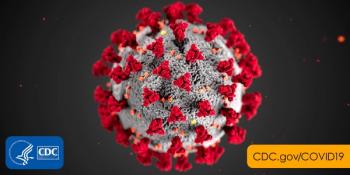
Radiologists at Mount Sinai say they have identified telltale patterns
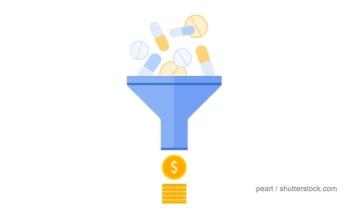
Express Scripts’ annual Drug Trend Report highlights top contributors to prescription drug spending in 2019.

Voice user interfaces could make healthcare more efficient and effective.

Casey Ross, national technology correspondent for STAT, explains during a February 13 webinar, the benefits of AI in healthcare and how it must demonstrably improve outcomes for patients.
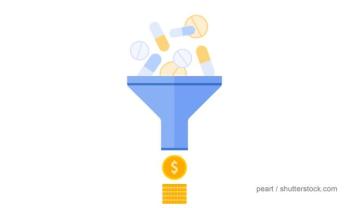
Express Scripts’ annual Drug Trend Report highlights top contributors to prescription drug spending in 2019.

USPSTF 'insufficient evidence' stance repeats 2014 recommendation

Treatment is first non-statin LDL-C lowering treatment approved in years.

Eisai disagrees with FDA decision.

News about UnitedHealth, Alkermes, M4A, and MA that you need to know about.

When it comes to solving your revenue cycle management challenges, your solutions are closer than they appear.

The collaboration will open new opportunities in the care experience by enabling healthcare organizations to automate the delivery of dynamically rendered, personalized and time-sensitive digital content across the clinical and operational aspects of a patient’s care journey.
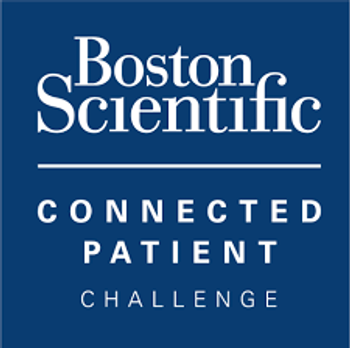
Scheduled to face off on February 27.

Princeton healthcare historian sees lowering age of Medicare eligibility as doable.

Weekly news from the healthcare C-Suite.

Inaccurate forecasting of the time needed with patients can result in many negative effects, starting with a basic inability to accommodate for individual patient variability.

Trade group had previously documented even slower coverage by Part D plans.

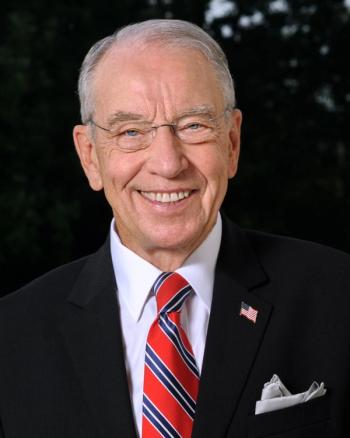
Three takeaways from Stat's interview with the Senate Finance Committee chairman.

A wave of new business is attempting to shake up, improve primary care.

Two studies in JAMA produce meh results for polygenic risk scores

Treatments include meds for arthritis pain and allergy eye drops.

Treatment will be first to target a specific type of advanced lung cancer.

V-Sensor- and e-Checkup-enabled smartphones measure temperature, blood pressure, respiration and other vital signs to medical accuracy.